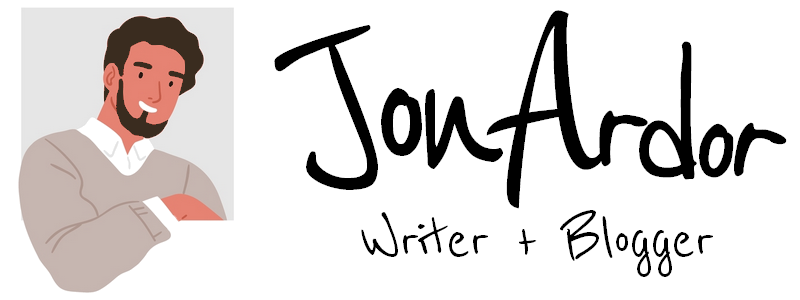8 Different Kinds of Professional Lawyer Responsibilities

Do you need to hire a lawyer? This can be a trying experience to hire the best lawyer suited for your needs. But you can tap an attorney who will be the right fit by understanding his or her responsibilities to everyone who walks through their office doors.
So, what are they? Here are eight lawyer responsibilities that you can expect:
1. Practice a Code of Ethics

Every profession has a code of ethics to follow. Whether you are a doctor or an account, every job requires professionals to live by industry standards and legal ethics. It is essential.
The same applies to lawyers. Attorneys are required to practice a code of ethics, which include the following:
- Set reasonable fees to take into account a variety of circumstances
- Keep it confidential; lawyers cannot reveal information about the client or case to the public.
- Do not have a conflicting interest.
- Uphold national or provincial law.
These are only some of the code of ethics that every attorney must uphold.
2. Effectively Communicate with You

One of the main lawyer responsibilities is to effectively communicate with his or her clients. Whether it is by telephone or by email, an attorney should maintain regular contact with clients. Moreover, the communication should be clear and concise, ensuring that the person understands what you’re talking about, which is important to advance a case and ensure victory.
3. Be Competent in His or Her Legal Specialty

This might be a no-brainer, but attorneys need to be competent in their legal specialties.
So, for instance, a personal injury lawyer should be proficient in this legal realm. Or, if a lawyer specializes in tax law, then he or she should have a sublime understanding what the laws, rules, and regulations are.
Indeed, it could be difficult for clients to ascertain the proficiency of an attorney, but you can always have a gut feeling, which could suffice.
4. Fully Disclose Fees

Before taking on a case, attorneys must outline their fees rather than disclosing them once the matter is closed. After discussing the specifics of the case, clients should be told how much things will cost, what hourly charges are, or if the law office takes a percentage of the awarded sum. If you have any questions or concerns, you should request a detailed list of costs.
It is not cheap working with the law. Attorneys need to navigate the system, pay fees, hire special investigators, bring on additional personnel, and the list goes on. Although this is the cost of being an attorney, many will pass the cost on to his or her clients.
Because the attorney outlined the costs from the beginning, he or she anticipates that you will pay all your bills on time. Even if you are honest about your financial situation, attorneys will typically work out a payment schedule. Remember, this will happen only when both sides are honest with each other!
5. Keep You Informed About the Status of Case

Did something happen between when you first appeared in court to the next time you make an appearance for a judge in the next three months? Did the complainant or defendant submit a proposal?
Whatever the case, it is imperative for attorneys to keep their clients informed. Heck, even when there is nothing to report, it is still part of the lawyer responsibilities to keep in touch.
6. Prepare You for the Case

After agreeing to take the case, outlining the fees, and discussing the particular aspects of the case, lawyers will need to prepare you for it, which is essential to ensure a proper verdict. This will take a lot of time, but you need the preparation, whether it is clarifying documents or verifying past instances.
If you do not feel prepared and the attorney has not suggested anything, be sure to bring it up!
7. Abide by the Attorney-Client Agreement

All attorneys are required to keep your information confidential. There are no ifs, ands, or buts. This means the lawyer is not permitted to talk about you or the status of the case to anyone. If they do, then they will be reprimanded and could be disbarred.
8. Be Honest with You During All Stages

As they say, honesty is the best policy. Lawyers agree. From the very beginning, attorneys must be honest with you on everything. Even if they think that your case is hopeless, they should convey this to you, so you know what to expect moving forward. Fibbing is not a good strategy for a lawyer, despite what a John Grisham book or a Law and Order episode may tell you.
Just like you expect your attorney to be an open book, a lawyer demands the same of you. Without this transparency, it may be difficult to handle your situation. By being mendacious, you actually harm your chances of either being found not guilty or receiving a handsome settlement.
Do people like attorneys? Not necessarily, but this is more to do with fictitious portrayals in the media. Many lawyers are understanding, adaptable, and willing to work with clients. Whatever you do, do not walk into a law office and have a preconceived bad impression.
